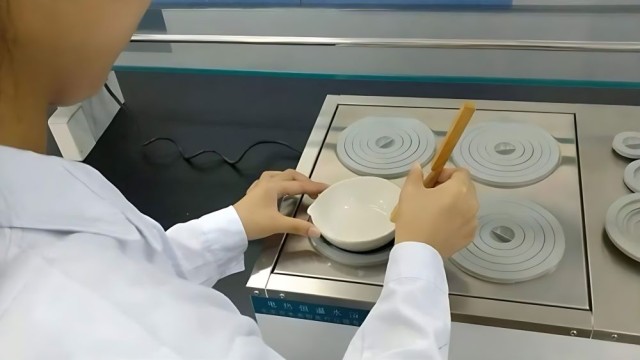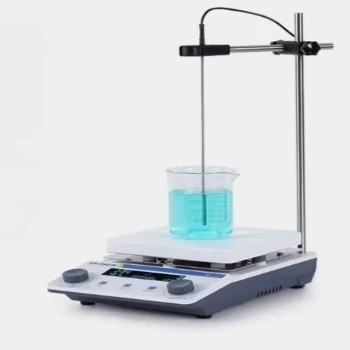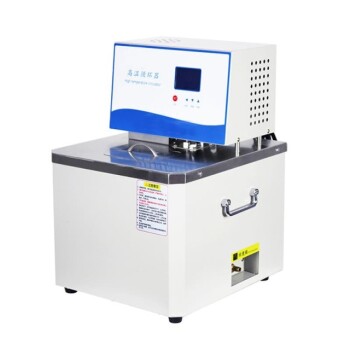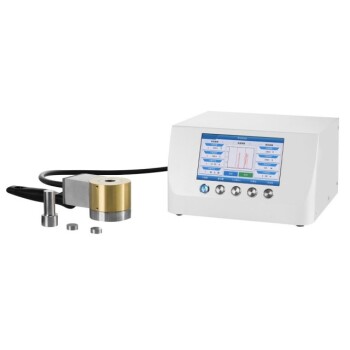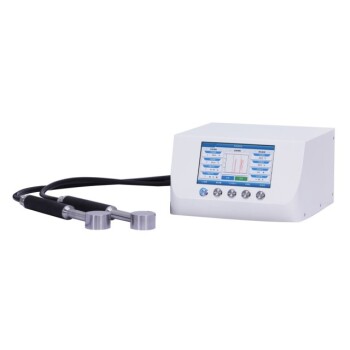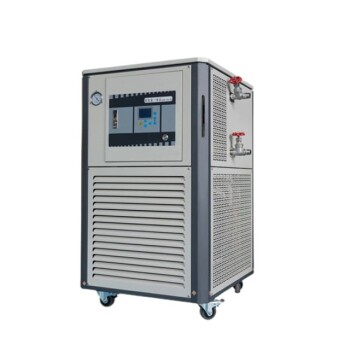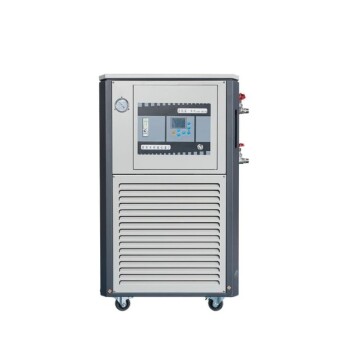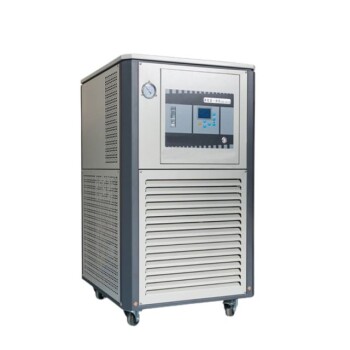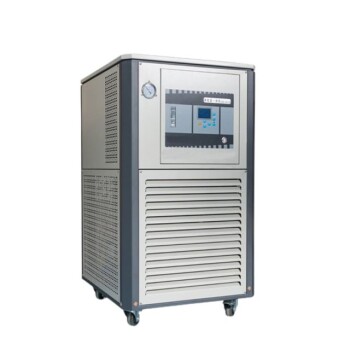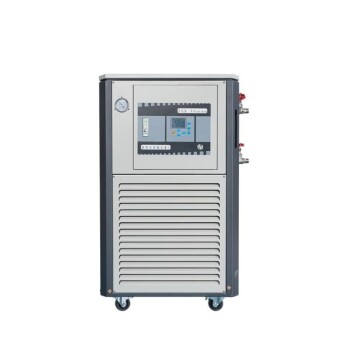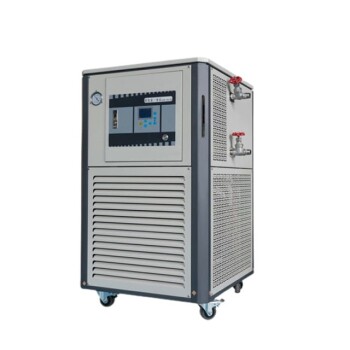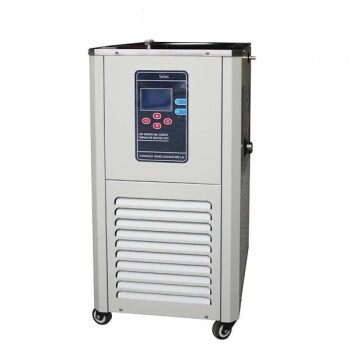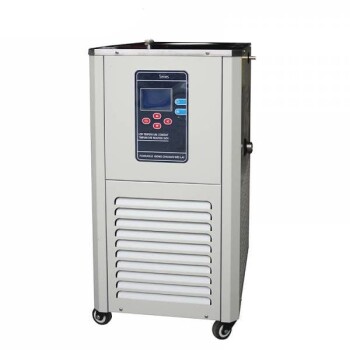Overview of Heating Methods
Importance of Heating Method Selection
Selecting the appropriate heating method is indispensable for the success of laboratory experiments. This decision hinges on several critical factors, including the size of the sample, the nature of the reaction, and the precision required for temperature control.
For instance, in experiments involving small samples or delicate enzymatic reactions, the choice of heating method can significantly influence the outcome. Metal bath heating, for example, offers rapid and precise temperature control, making it ideal for such scenarios. However, these systems are often costly and demand meticulous operation to prevent thermal damage.
Conversely, water bath heating is more economical and suitable for large-volume reactions, typically up to 100℃. This method is prevalent in academic labs but faces limitations in high-temperature applications and the risk of contamination.
In contrast, incubator heating excels in large-scale applications requiring extended incubation periods, such as those in biology and microbiology. Despite their versatility, incubators can struggle with maintaining consistent temperatures, which may impact the reliability of the results.
Thus, the selection of a heating method is not merely a technical decision but a strategic one that balances cost, efficiency, and experimental requirements. Each method comes with its own set of advantages and challenges, necessitating careful consideration to ensure optimal experimental outcomes.
Detailed Analysis of Heating Methods
Metal Bath Heating
Metal baths provide an efficient and highly precise method for heating, making them particularly suitable for small samples and sensitive enzymatic reactions. These baths utilize thermal conductivity properties of metals, such as aluminum or copper, to achieve rapid and uniform heat distribution. This ensures that even the most delicate biological samples can be maintained at a consistent temperature, which is crucial for enzymatic activities and other temperature-sensitive processes.
However, the utilization of metal baths comes with notable drawbacks. Primarily, they are significantly more expensive than other heating methods such as water baths or incubators. This cost includes both the initial purchase price and the ongoing maintenance required to keep these high-precision instruments functioning optimally. Additionally, metal baths demand careful operation to prevent overheating or thermal shock, which could damage both the equipment and the samples being processed.
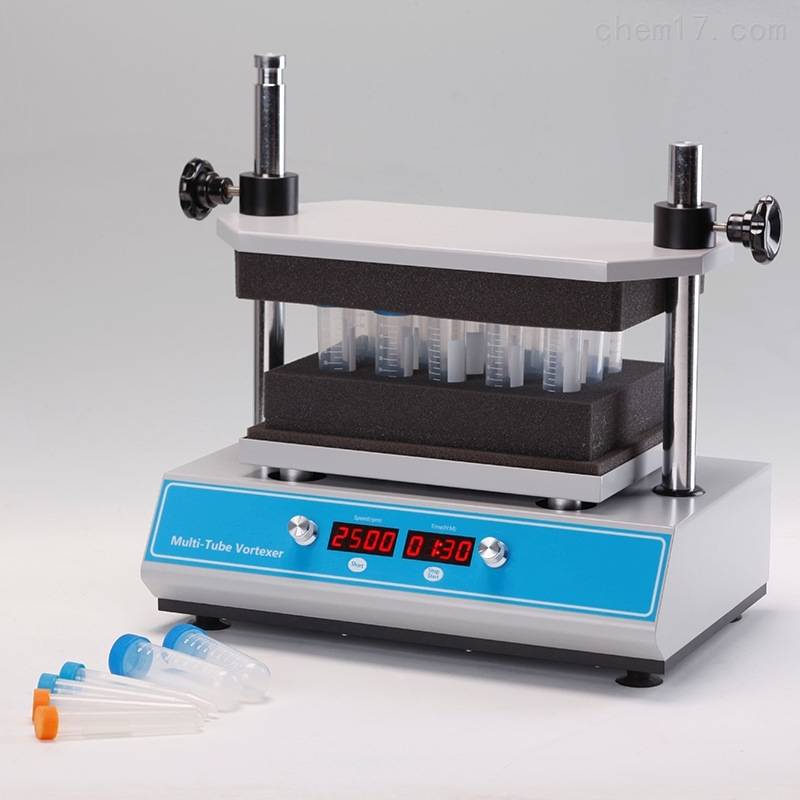
Moreover, the precision and speed of metal bath heating come at the cost of versatility. Unlike water baths, which can be used for a wide range of temperature applications up to 100℃, metal baths are often limited to specific temperature ranges and cannot accommodate large-volume reactions. This makes them less suitable for general-purpose laboratory use and more specialized for tasks requiring exacting temperature control.
In summary, while metal baths offer unparalleled speed and precision in heating, their high cost and operational complexity limit their applicability to specific, high-stakes experiments where precise temperature control is non-negotiable.
Water Bath Heating
Water baths are an economical choice for large-volume reactions, capable of maintaining temperatures up to 100℃. Widely used in university laboratories, they offer a cost-effective solution for many experimental needs. However, their utility is limited in high-temperature applications due to the boiling point of water, which restricts their temperature range. Additionally, there is a risk of contamination, particularly if the water bath is not regularly maintained or if non-sterile water is used.
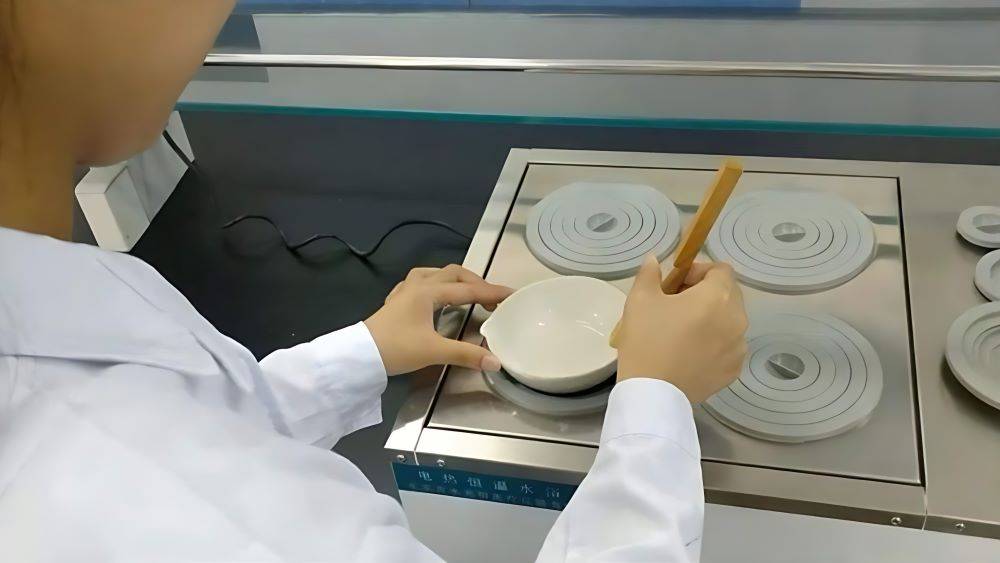
For applications requiring higher temperatures, an oil-based heat transfer fluid can be used in place of water. This substitution allows for elevated temperatures, facilitating faster solvent evaporation and enhancing the efficiency of reactions involving solvents with high boiling points. Furthermore, using a rotating flask in the heat bath can prevent hot spots and burns by ensuring that the solution is not sitting in one place. This agitation maximizes the surface area of the liquid, promoting more efficient heat transfer and creating a uniform temperature throughout the sample. When liquids are mixed by rotation, forced convection takes place, further aiding in the distribution of heat and ensuring a consistent reaction environment.
| Feature | Water Bath | Oil Bath |
|---|---|---|
| Temperature Range | Up to 100℃ | Higher temperatures possible |
| Heat Transfer Fluid | Distilled water | Oil-based heat transfer fluid |
| Efficiency | Suitable for large-volume reactions | Enhanced efficiency for high-boiling solvents |
| Risk of Contamination | Higher risk | Lower risk if properly maintained |
| Agitation | Can be improved with rotating flask | Ideal for rotating flask setup |
Incubator Heating
Incubators are indispensable in biology and microbiology laboratories, offering large-scale heating capabilities that are essential for extended incubation periods. These devices are designed to maintain a stable environment, which is crucial for experiments that require consistent temperature over long durations, such as ELISA assays and bacterial culture growth.
However, despite their versatility, incubators face challenges in ensuring uniform temperature distribution across the entire chamber. This inconsistency can be particularly problematic in large-scale experiments where even minor temperature fluctuations can lead to significant variations in results. To mitigate these issues, modern incubators often incorporate advanced temperature control systems, including multiple sensors and automated feedback loops, to enhance temperature uniformity and reliability.
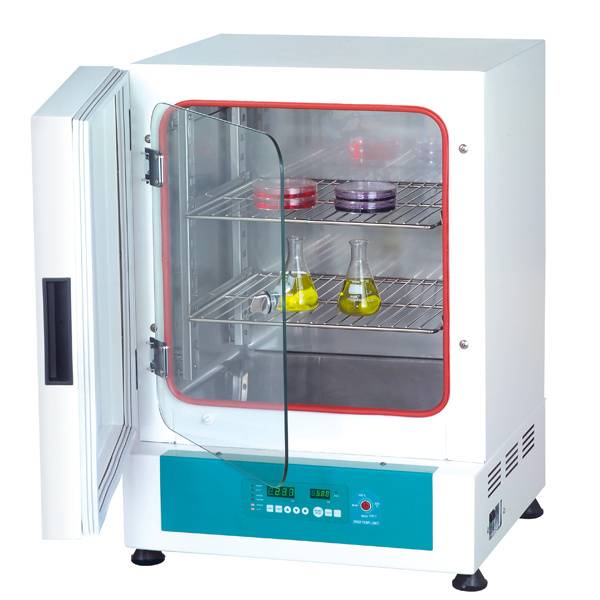
In addition to temperature control, incubators also provide other environmental conditions such as humidity and CO2 levels, making them suitable for a wide range of biological applications. These features make incubators a preferred choice for researchers conducting long-term experiments that require a stable and controlled environment.
Practical Application and Comparison
Experiment Results Comparison
The impact of various heating methods on experimental outcomes was meticulously evaluated using the Priligy triglyceride kit as a case study. This comparison highlighted the distinct advantages and limitations of each heating modality, providing valuable insights into their practical applications in laboratory settings.
Key Findings:
-
Metal Bath Heating:
- Precision and Speed: Metal baths demonstrated exceptional precision and rapid heating capabilities, making them ideal for small sample sizes and sensitive enzymatic reactions.
- Cost and Operational Complexity: Despite their high cost and the necessity for careful operation, the benefits in terms of temperature control and reaction efficacy were evident.
-
Water Bath Heating:
- Economy and Versatility: Water baths proved to be economical and versatile, particularly suitable for large-volume reactions operating below 100℃.
- Limitations: Their utility was constrained by high-temperature applications and the risk of contamination, which underscored the need for alternative methods in certain scenarios.
-
Incubator Heating:
- Large-Scale Heating: Incubators excelled in providing large-scale heating, making them indispensable for experiments requiring prolonged incubation times, such as ELISA assays and bacterial cultures.
- Temperature Consistency: However, issues with temperature consistency were noted, suggesting areas for improvement in maintaining uniform heating across extended periods.
This comparative analysis not only underscored the importance of selecting the appropriate heating method based on specific experimental requirements but also highlighted the nuanced differences in performance across various laboratory scenarios.
Summary of Suitability
When selecting the appropriate heating method for laboratory experiments, the suitability of each option depends on the specific requirements of the experiment. Metal baths excel in providing precise temperature control, making them the top choice for delicate reactions that necessitate exact heating conditions. These baths are particularly favored in scenarios where the integrity of sensitive enzymes must be preserved, ensuring that the reaction proceeds smoothly without thermal fluctuations.
Water baths, on the other hand, offer a more economical solution and are well-suited for general enzyme reactions. These baths can accommodate larger volumes, making them a common fixture in university laboratories. However, their utility is limited to temperatures below 100℃, and they carry a risk of contamination, which can be a significant drawback in certain experiments.
For long-term experiments such as ELISA assays or bacterial cultures, incubators are the ideal choice. These devices provide a stable environment over extended periods, crucial for experiments that require consistent heating over days or even weeks. While incubators are versatile, they can sometimes struggle with maintaining uniform temperature across the entire chamber, a factor that must be considered when planning prolonged experiments.
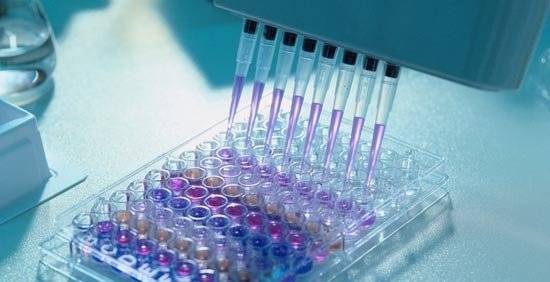
In summary, the choice of heating method hinges on the specific needs of the experiment, balancing factors such as temperature precision, reaction duration, and sample volume. Each method has its strengths and limitations, and careful consideration of these aspects is essential for achieving optimal experimental outcomes.
Related Products
- Laboratory Small Constant Temperature Heated Magnetic Stirrer Heater and Stirrer
- High Temperature Constant Temperature Heating Circulator Water Bath Chiller Circulator for Reaction Bath
- Laboratory Vacuum Tilt Rotary Tube Furnace Rotating Tube Furnace
- Vertical Laboratory Tube Furnace
- Multi-zone Laboratory Tube Furnace
